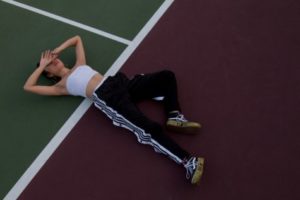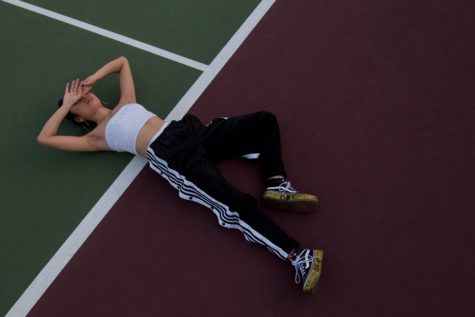BALTIMORE — Despite the many health benefits associated with playing sports, a new study finds that student athletes are prone to sleep paralysis and dream-like hallucinations as one wakes or goes to sleep.
Researchers from the University of Arizona say these issues are independently associated with depression among the young athletes.

Using data from 189 NCAA Division I student athletes, senior author Michael Grandner, director of the Sleep and Health Research Program at the university, and his team found that 18% of athletes reported occasional sleep paralysis, with seven percent reporting it occurring at least once per week. Hypnogogic or hypnopompic hallucinations were reported by 24% of the athletes, with 11% reporting occurrences at least once per week.
When comparing those who have even occasionally experienced these sleeping problems with those who haven’t, the authors found higher depression indication scores among those affected by hallucinations and sleep paralysis.
“These symptoms are often thought to be relatively harmless and quite rare. But they can be very distressing to those who experience them, and they may be surprisingly common among student athletes,” Grandner explains in an American Academy of Sleep Medicine release. “What was also surprising was that the degree to which people reported these symptoms predicted severity of depression symptoms, even after controlling for poor sleep and lack of sleep – which can contribute to both depression and these types of sleep symptoms.”
The sample sizes are small, but with increased research, sleep physicians and doctors can get at the root cause of these sometimes-terrifying experiences and find more links between them and mental disorders like depression. It’s possible that student athletes bear a greater time crunch when it comes to daily schedules between school, training, and actual games, and may find it harder to get ample rest. The authors warn the phenomena could be signs of more serious sleep issues or medical conditions.
“The fact that they are so common among student athletes suggests that this is a group with some significant sleep problems that should be evaluated and dealt with,” adds lead author Serena Liu, a student research assistant in the Sleep and Health Research Program.
The study’s findings were presented June 4, 2018 in Baltimore at SLEEP 2018, the 32nd annual meeting of the Associated Professional Sleep Societies. An abstract was published in a supplement of the journal Sleep.

Way back when I was in college a lot of people I knew had hallucinations whenever they got the opportunity.